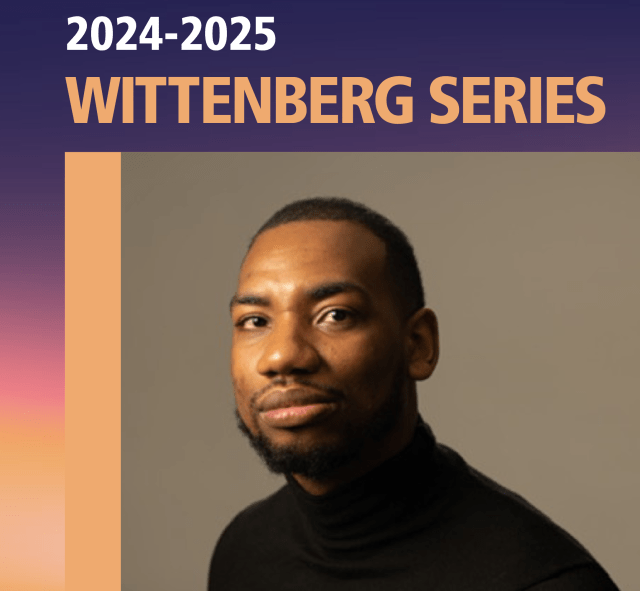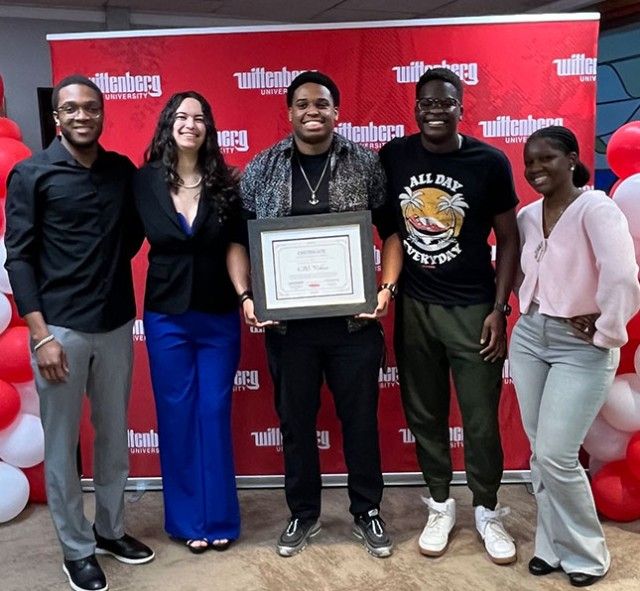"Wittenberg's accreditation team approached the process as a current state analysis in relation to the five criteria of accreditation. I am pleased with the evaluation. The HLC team's review was not only fair but also recognized many of Wittenberg's strengths in serving students," said Darby Hiller, assistant provost for academic affairs and institutional research.
Wittenberg's accreditation team, consisting of 15 faculty and staff members, interviewed content area experts and wrote self-assessments beginning in March 2015. Among the most pertinent components of this year's accreditation report are the following:
First action - The Institutional Actions Council of the HLC continued the accreditation of Wittenberg University with the next reaffirmation of accreditation to be in 2026-27. In conjunction with this action, the IAC required the following interim monitoring:
- Interim Report - an interim report is due on October 31, 2019 and should include evidence of stabilized financial resources; accurate enrollment projections; five-year financial projection models; strategic planning linked to budgeting, program review, and evaluation of new programs for financial viability.
Second action - The IAC concurred with the evaluation findings and voted to affirm the institution's placement on the Standard Pathway for reaffirmation of accreditation.
Third action - The IAC concurred with the evaluation findings and approved the institution's request to offer the master of arts in athletic coaching.
"Considerable work went into this process, and I want to extend a special thanks to Mary Jo Zembar, interim provost, and to Darby Hiller, assistant provost for academic affairs and institutional research, for their leadership on this front," Interim President Dick Helton said. "This is a great day for Wittenberg."







